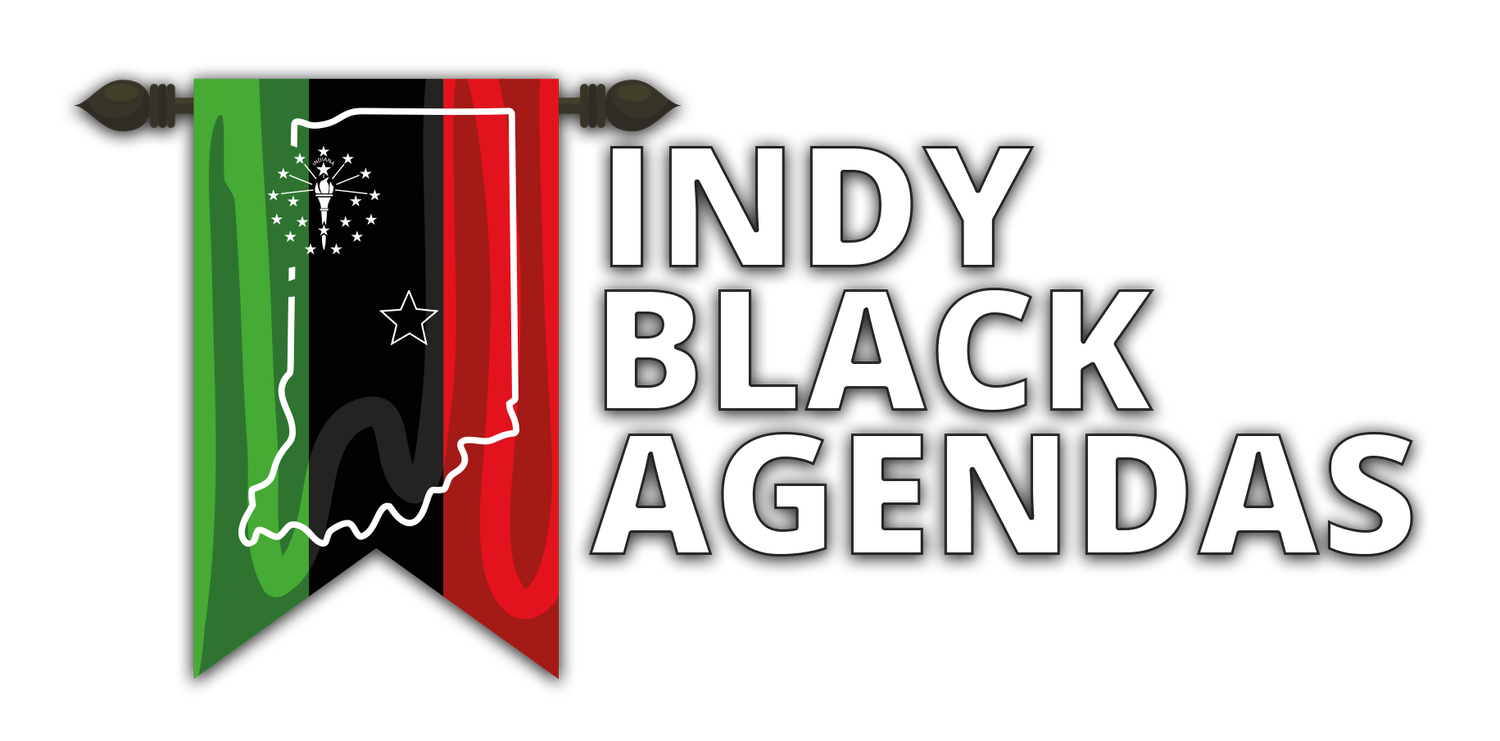Year in Review: Black agenda discussion dominated local election cycle
After the first mayor debate between Joe Hogsett and Jim Merritt in late August, both candidates stood at a podium, one at a time, to take questions from media.
Hogsett, the incumbent Democrat, went first. Toward the end of his time with reporters, he was asked if his campaign would develop a Black agenda.
“Well, I work very closely with all of the African American elected officials who represent Marion County in the General Assembly,” Hogsett started. “I’ve been pleased to be engaged by … leaders in the African American community here in Marion County. And while I don’t necessarily have a specific African American agenda, I think many of the things that I talked about tonight will empower African Americans in Marion County.”
Summarized, the answer was no.
When the same question was posed to Merritt, a longtime Republican state senator, he gave a surprising response.
“We’ll have a couple agendas,” he said. “One total, and one Black agenda. … Yes, we will have a Black agenda.”
Of course, Hogsett went on to defeat Merritt handily, and polling from IndyPolitics indicated the race wasn’t very close.
But those two exchanges helped spark real movement on developing a Black agenda, something Black leaders said they hadn’t seen in local politics.
A month and a half after that debate, Merritt laid out his Black agenda in front of mostly clergy leaders and members of the media. The document — “An Agenda for the African American Community of Indianapolis” — included creating the Indianapolis Commission on the Social Status of African American Males and requiring companies to hire locally from low-income areas in order to get tax incentives.
Hogsett got the same opportunity a week later and gave mixed signals on what a Black agenda is and if his campaign would have one.
“Let me be clear so there’s no confusion,” he told the audience in his response. “Indianapolis and its elected leadership should absolutely have an agenda to lift up communities of color generally and our African American community specifically.”
Hogsett never did develop a Black agenda.
The African American Coalition of Indianapolis (AACI) played a major role in making sure the momentum behind a Black agenda was well organized.
The group organized a debate dedicated to Black issues, where Merritt faced a question about why he continued to support legislation as a state senator that would expand penalties for minors involved in pharmacy robberies after Black leaders approached him about the issue.
“The world has changed,” he said, “and I support the idea of those individuals going to juvenile court.”
The debate ended with candidates being asked if it should be “Black lives matter” or “all lives matter,” but they sidestepped and basically said both.
AACI also began hosting town hall events where people can talk about what should be prioritized in a Black agenda. That effort has extended beyond the mayoral election, something AACI made clear would happen.
“We’ve been pushing this boulder up a hill without progress for years,” Adrianne Slash, president of The Exchange at the Indianapolis Urban League, told volunteers before the town hall at Galilee Missionary Baptist Church in October.
Contact staff writer Tyler Fenwick at 317-762-7853. Follow him on Twitter @Ty_Fenwick.
Sydney Rucker presented her group’s top priorities at an October town hall to establish a Black agenda for Indianapolis. (Photo/Tyler Fenwick)
